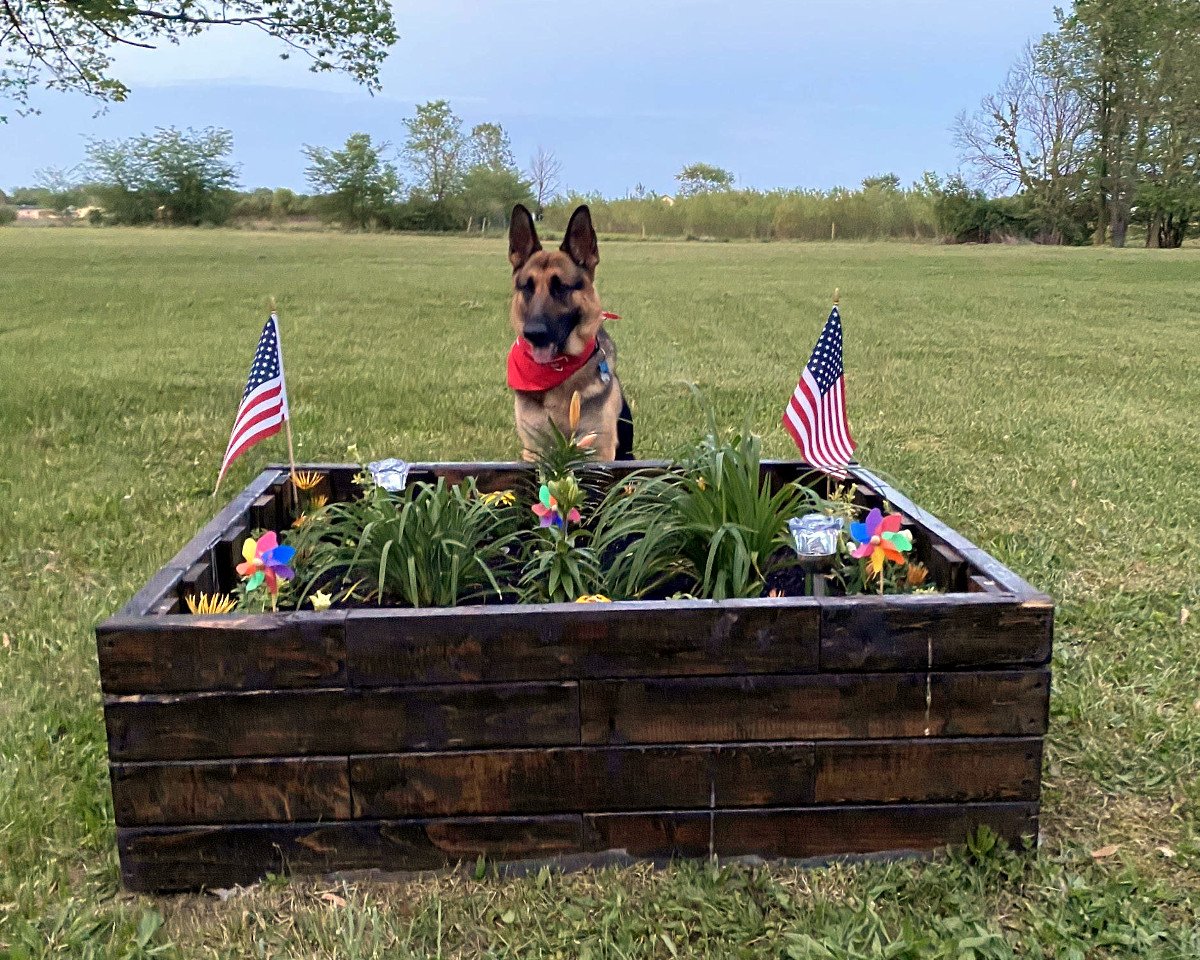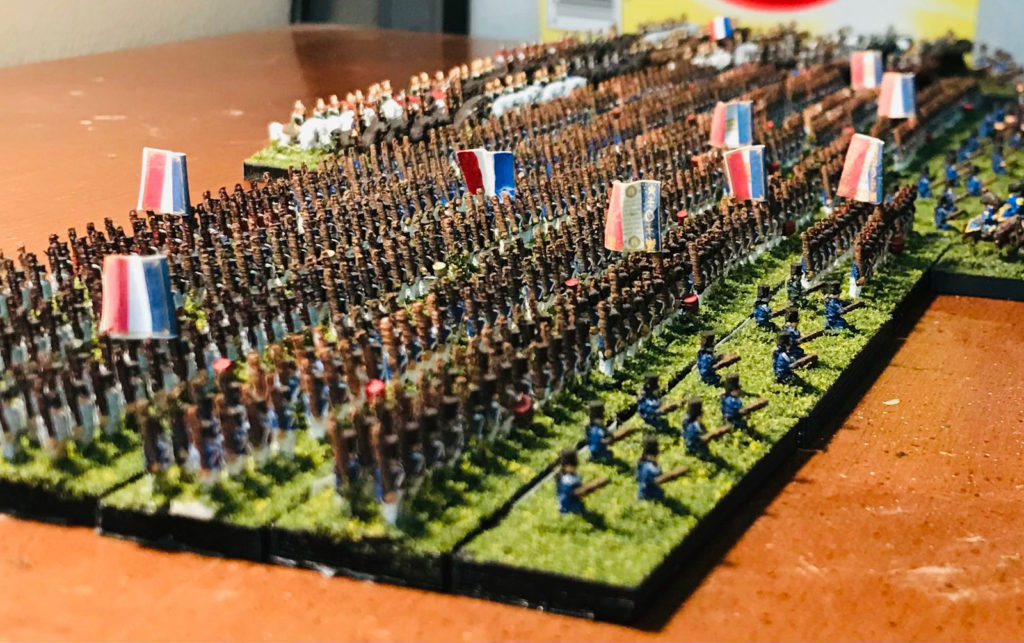By Brett Shearer
The paintbrush glides deliberately, yet swiftly, across the plastic, the miniature man going from a matte, stark grey into his French blues, rifle ready in hand as he is frozen in lock step, marching ever forward. He is set aside to dry, as Kaleb moves to the next, and the next, until eventually all are ready to be placed in line, all 24 men arranged for battle in the Army of Emperor Napoleon Bonaparte as he marches in his final campaign, towards Waterloo. He is joined by a thousand or more comrades, each, in their number, representative of 50 real men who fought, lived, and died more than 200 years ago. Kaleb sits back and admires his handiwork, imagining what it would have been like to see so many men marching in perfect lines.
Kaleb Keys, senior, isn’t building these miniatures for a school project, nor is he being paid to build this army. Rather, he has adopted a hobby, monopolizing the free time afforded by the pandemic to do something he loves.
“I’ve always read books on these topics, and it’s very hard to visualize what 10,000 soldiers can look like because there’s a certain visual aesthetic to that,” Keys said.
He’s been partaking in this hobby, known as wargaming painting, for the past two and a half years. In that time he’s built all of Napoleon’s army from the 100 Day – or Waterloo – Campaign, as well as most of the British Army, too.
“It’s about as expensive as you want it to be,” he said. “If I’m going to have something that’s very, very expensive, I can make something that’s very, very expensive, or buy, or outsource stuff, or I can make my own (miniatures), which is what I do, and they are significantly cheaper. You can do it with literally anything, but you need to figure out how you’re doing it.”

Kaleb, however, is not the only one making use of his time to explore a hobby. So has senior Morgan Wells, who started woodworking, having made a variety of items she uses around the house.
“I’ve always wanted to do things,” she said. “I’d always go to my dad, because he’s got everything; he’s got the lumber, he’s got the screws, and everything I need. He’d always want to help me, and I appreciated the help, but I wanted to do something on my own.”

According to Wells, her inspiration was internal, stemming from her wish to build something independent of the oversight of her father. Unfortunately, she hasn’t had the opportunity recently to work on projects. She did, however, learn some things about herself during this exploratory process.
“I learned that I’m completely capable of a pretty decent sized project on my own, and being able to complete it without help, really; I learned that I don’t need somebody to hold my hand – to walk me through – something that is stereotyped as a man’s work.”
If there’s anything good to come out of COVID, it’s a better understanding of how susceptible we are to disease. If there’s a second best, though, it’s that we’ve all learned a little bit more about ourselves, our families, and our friends, and what we might want to do instead of watching TV.
So, like Morgan and Kaleb, maybe try out a new hobby, whether it be painting, sculpting, or even something like cooking, or language learning.






